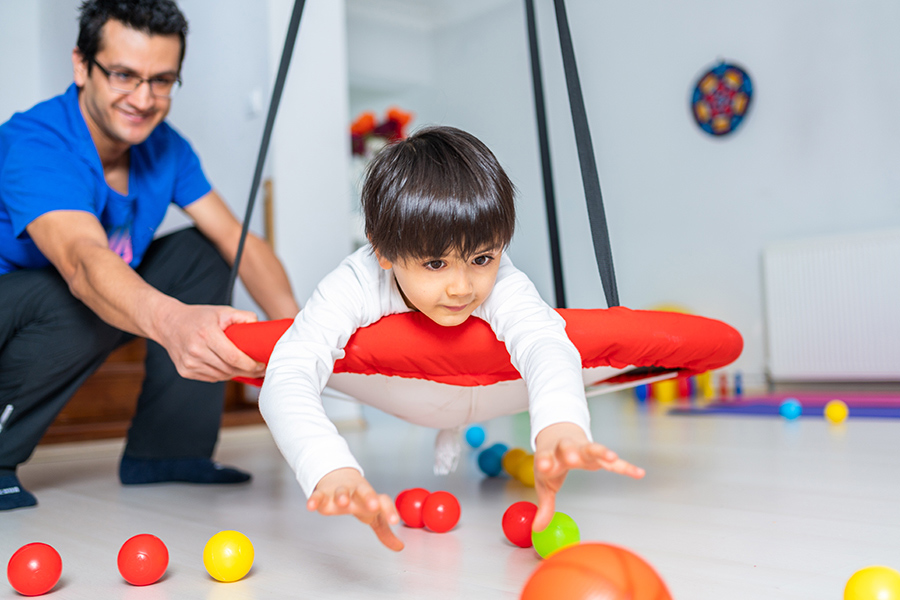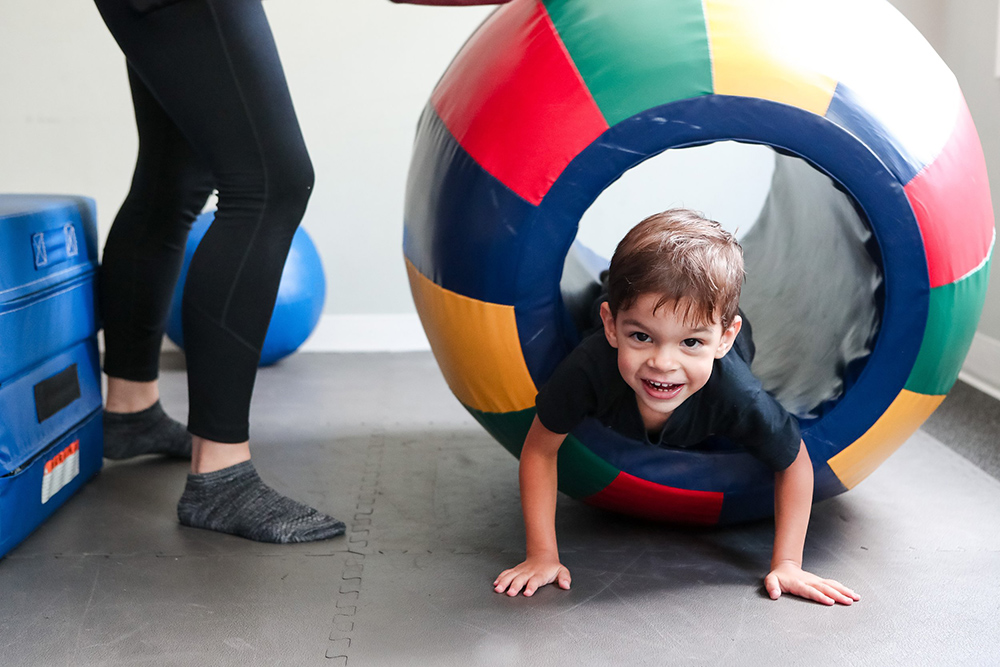What Anxiety can look like for School Aged Kids & Teens
While many adults may look back at their school years with rose coloured glasses, we can often forget that school can be a high pressure environment full of anxieties and expectations. Students may feel pressure to succeed and achieve high grades, compete with peers and spend a lot of time concentrating on learning things they don’t even find interesting! Combine all this with the pressure to conform to the social structures of the school yard and make friends, it’s no wonder that some students may be anxious about school.
What is School Anxiety?
Experiencing anxiety is common when encountering stressful or new situations. According to Beyond Blue, just over a quarter of all Australians (26.3%) will experience an anxiety disorder during their lifetime, so it’s no wonder that some students experience anxiety related to their schooling.
The International Board of Credentialing and Continuing Education Standards (IBCCES) notes that anxiety seen in students, from kindergarten up to Year 12 typically manifests in three forms: social anxiety, test anxiety and school refusal.
- Social Anxiety– many people can feel a little nervous in social situations, but a person experiencing social anxiety (social phobia) will find social situations or the need to perform/speak in front of others leads to intense symptoms of anxiety and worry about being judged, humiliated or criticised.
- Test Anxiety– feeling nervous before a testing situation is normal, but a person with test anxiety typically experiences self-doubt and worry to the point it negatively affects the student’s ability to perform or prepare. This can mean they are unable to remember vital information or concentrate, as well as being emotionally distressed.
- School Refusal– it is typical that children may not want to go to school sometimes. Just like adults might not want to go to work! Children and teens showing signs of school refusal typically exhibit distress not only at having to go to school, but even at the simple idea of going. This level of anxiety persists and becomes more severe over time. Students exhibiting school refusal behaviour also often have difficulty remaining at school when they do attend.
These forms of school anxiety can be caused by a number of different factors, such as bullying or emotional trauma, or may be a sign of an underlying anxiety disorder. For further information on Anxiety Disorders please see our previous blog posts or links at the end of this post.
Symptoms and Signs of School Anxiety
Depending on the severity and the underlying causes, students may exhibit a number of different symptoms indicating they are experiencing anxiety and distress. Typical signs of school anxiety to keep an eye out for include:
- Poor or declining school performance– decreasing grades, a failure to complete or hand in homework or assignments, difficult focusing on classroom tasks and procrastination and often a marked change to previous performance or ability.
- Physical discomfort– students experiencing school anxiety may experience physical symptoms such as persistent or repeated headaches, nausea and tummy aches, dizziness, muscle aches and pains, excessive sweating or unexplained illness.
- Emotional changes– students may show changes in their regular emotional state. This may present in a number of ways such as being on edge, angry, irritable and short tempered, constantly worried, teary, reduced self-confidence or the need to act out.
- Social changes– children experiencing school anxiety may distance themselves from social situations both in and out of school, self-isolate and in more worrisome cases may even exhibit selective mutism.
- Panic attacks– in some more significant cases, children may experience bouts of panic that escalate into a full-blown panic attack.
- Perfectionism– students experiencing school anxiety may exhibit signs of perfectionism, such as obsessing over not breaking the rules, or producing perfect work. They may also become overly self-critical when those impossible goals aren’t met or constantly worrying that they aren’t capable of the perfection they feel is required.
Helping our Students with School Anxiety
Identifying the root cause of school anxiety is key to helping children become more comfortable in a school setting and achieve their educational and social learning goals. Importantly, being an understanding, empathetic and supportive parent will also assist in feeling able to tackle and manage their anxiety for the future.
If you would like to read more about the different forms of anxiety disorders and their treatments, check the articles below or contact us at Educare Specialist Services for assistance or to schedule an appointment with a specialist from our team.
What is Generalised Anxiety Disorder?
What is Social Anxiety (Social Phobia)?
What is Obsessive Compulsive Disorder (OCD)?
What is a Panic Disorder or Panic Attack?
What is Post Traumatic Stress Disorder (PTSD)?
Articles are authored by Daniel Wilks with thanks.
EDUCARE Clinical Editor: Dr Nicole Reece




